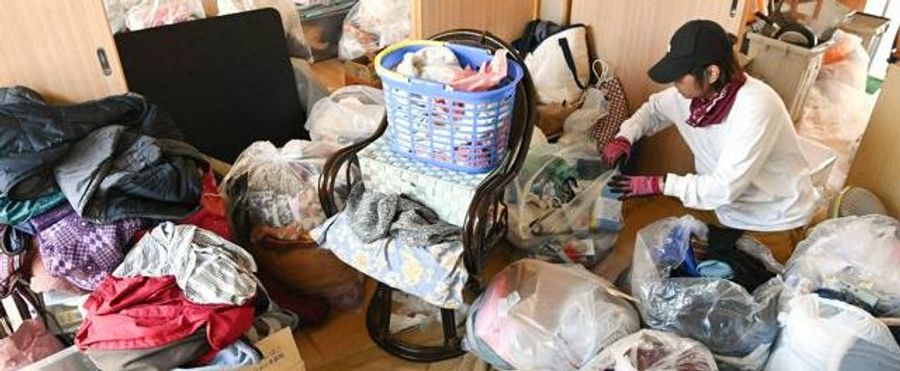A growing predicament within Japan's real estate industry reveals that roughly 70% of landlords in the nation reject rental applications from senior citizens living alone. This measure, part of a broader attempt to minimize vacancy and rent defaults, is typically adopted without considerations on an individual's financial readiness or personal circumstances, leading to a rising trend of housing discrimination against the elderly population.
Japan's aging population is a well-known societal issue. This demographic shift, coupled with a preference for younger tenants, is increasing the challenges faced by the elderly in securing housing. Japan's societal values often prioritize harmony and stability, thus landlords are opting for what is seen as 'safer' rental agreements, enhancing the ageism in the housing market.
In the US and EU, such practice might trigger more outcry and potential legal action citing age discrimination. These regions have stricter laws and regulations aimed at preventing housing discrimination of any form, including based on age. However, successful enforcement often varies between countries within the EU, and between states within the United States.

